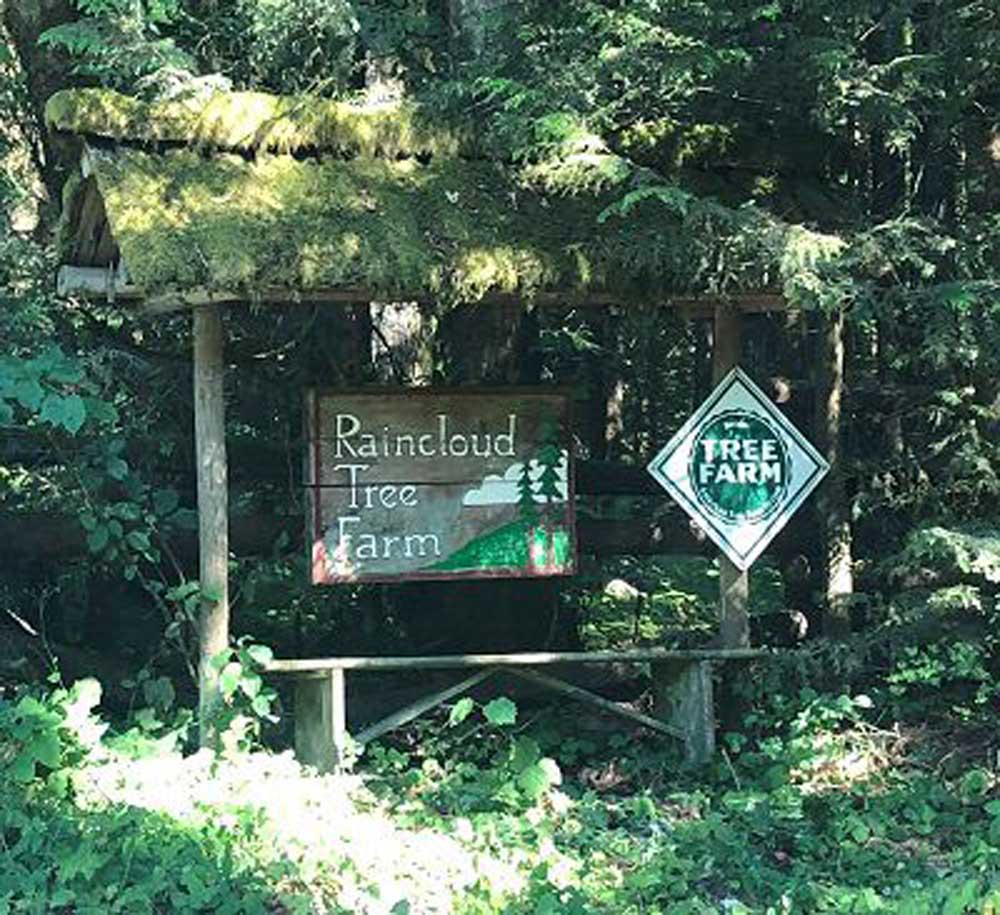Guest Column: #TimberUnity is a misnomer
Published 12:30 am Saturday, February 29, 2020

- Raincloud Tree Farm in Clackamas County.
#TimberUnity is a misnomer. Climate deniers are attempting to claim the timber industry is unified in opposing cap-and-trade legislation. This is a lie.
Trending
By using logging trucks to harass our state legislators with their blaring horns, #Timber Unity proves itself just a bunch of belligerent bullies following in the Trump tradition. Their seed funding, as demonstrated by one tax-free $5,000 donation from Andrew Miller, the owner of Stimson Lumber, undermines their claim of being a grassroots organization supported by small rural voters throughout the state. This wealthy industrialist represents the same investors who are racing to decimate Oregon forests by increasing harvests on their timberlands with ever quicker rotations before the realities of climate change catch up with them.
Meanwhile, researchers from Oregon State University’s College of Forestry are sounding the alarm. Mature conifer trees that need to pump water 200 feet or more into their upper branches are having a difficult time surviving. The timber industry does not care since it is harvesting ever smaller trees at an ever-increasing rate … even though an erratic climate makes the survival of their freshly planted seedlings increasingly challenging.
There are over 10 million acres of private timberland in Oregon. Fifty-eight percent of it are parcels of over 5,000 acres in size. Owned primarily by real estate investment trusts, large corporations and privately owned timber companies interested in their short-term gain, increasingly these industrial timberlands west of the Cascades are harvested at 50 years of age. Considering that Oregon’s conifer trees can grow to over 700 years in age and store immense amounts of carbon, the trees they are harvesting are barely juveniles.
Trending
Rising temperatures and prolonged droughts that we are seeing in every corner of the world are contributing to longer, more intense fire seasons and increased insect and disease outbreaks. The good news is that the impacts of climate change can be lessened with active management and careful timber removal, especially through forest restoration, thinning and fuels reduction for wildfire resiliency.
As small woodland owners in Clackamas County who have intensively managed our family tree farm for over half a century, we are fighting the impacts of longer, hotter, drier summers and increased mortality from disease. Tall fir and hemlock over 120 years old are dying off while ever larger wildfires threaten our tree farm. We have constructed shaded fuel breaks on the edge of our property, repeatedly thinned our forest and increased our volume of timber to over 3 million board feet while sending over 2 million board feet of timber to local mills.
But this is not enough!
Forests serve a vital biological role in mitigating the effects of climate change, because trees absorb and store carbon through photosynthesis. Research also shows that mature forests filled with taller trees act as giant sponges collecting moisture from the clouds. These giant water collectors, by creating “fog drip,” help mitigate intense weather patterns by moderating heat waves, increasing rainfall and retaining moisture in their watersheds for use in our farms and cities.
We are the first small woodland in the nation to place our 120-acre tree farm containing trees with an average age of 72 years under California’s cap-and-trade initiative. For our efforts to sequester carbon, we are reimbursed nearly $10,000 a year. Nationwide, there are over 900 small woodland owners lining up behind us to help lock up carbon dioxide in the trunks of their trees. When doing so, we are committed to retaining carbon in our forests for over a century and standing up against #TimberUnity’s abusive activities.
Unfortunately, #TimberUnity’s honking hoodlums only need terrorize our Legislature for a couple of weeks to get their way. Time will tell who speaks louder, but if our Legislature doesn’t stand up for cap and trade, there will be no forests left in Oregon for these log truck drivers’ children to haul anywhere.









